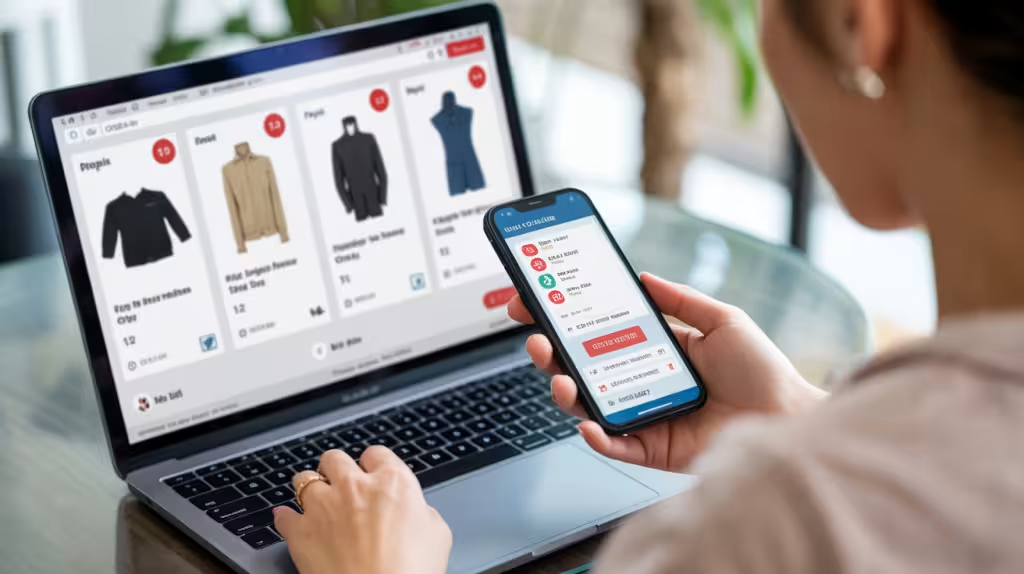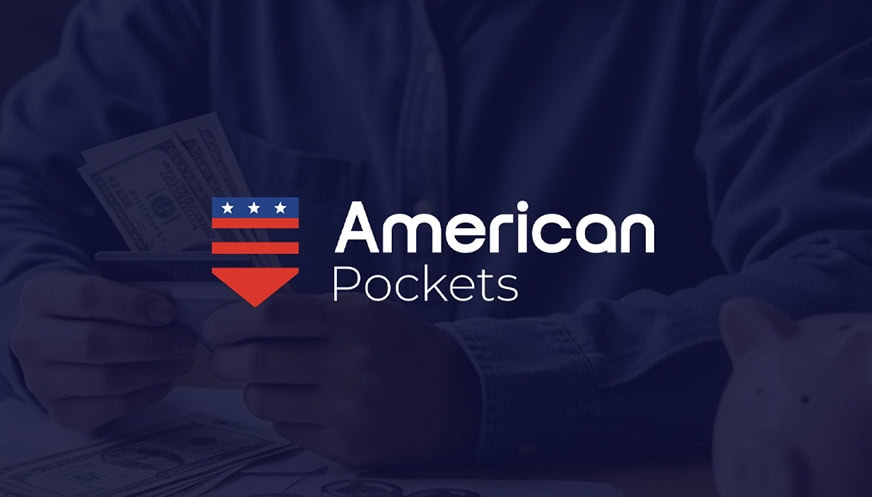Selecting a bank is a significant decision. It’s where we entrust our hard-earned money, manage our day-to-day finances, and often seek advice for our longer-term financial goals. Many of us may have been with the same bank for decades, building a comfortable and familiar relationship. However, life changes – perhaps you’ve moved, your banking needs have evolved, or you’re simply curious if there’s a better fit out there. Knowing how to choose a bank that truly aligns with your current priorities is key to a smooth and beneficial banking experience.
Finding the best banks isn’t just about flashy advertisements or the closest branch. It’s about understanding what you need and then asking the right questions to see which institution can best deliver. This article offers some practical bank tips and outlines ten important questions to consider. By thinking through these points, you can feel confident and empowered in making a choice that serves you well, whether you’re considering switching or simply re-evaluating your current banking relationship.
1. What Are the Fees, and How Can I Avoid Them?
Bank fees can be a frustrating and often unnecessary drain on your finances. Common fees include monthly maintenance fees for checking or savings accounts, ATM fees (especially for out-of-network machines), overdraft fees, wire transfer fees, and fees for paper statements. Understanding a bank’s fee schedule upfront is crucial.
Why it matters: These seemingly small fees can add up significantly over a year. For example, a $12 monthly maintenance fee totals $144 annually – money that could be better used elsewhere. Many of us on fixed incomes are particularly mindful of minimizing these extra costs.
What to ask:
- “Do you have a detailed schedule of fees for your accounts?”
- “Are there checking or savings accounts with no monthly maintenance fees?”
- “If there are fees, what are the specific requirements to have them waived (e.g., maintaining a minimum balance, setting up direct deposit, age-related waivers)?”
- “What are your policies and fees for overdrafts, and do you offer overdraft protection options?”
- “Are there fees for using other banks’ ATMs? If so, do you offer any reimbursement for these fees?”
Many banks offer special accounts for seniors that come with reduced or waived fees, so be sure to inquire about those specifically.
2. What Types of Accounts Do You Offer, and What Are the Interest Rates?
Beyond a basic checking account, consider what other types of accounts might meet your needs. This could include high-yield savings accounts, money market accounts, Certificates of Deposit (CDs), or even accounts tailored for specific goals. Equally important are the interest rates offered on savings products. Even a small difference in an Annual Percentage Yield (APY) can make a difference over time, especially on larger balances.
Why it matters: You want your money to work for you. If your savings are sitting in an account earning next to no interest, you’re missing out on potential growth. Having access to a variety of account types allows you to structure your finances optimally – perhaps keeping an emergency fund in a high-yield account while using CDs for longer-term savings goals.
What to ask:
- “What are the current APYs on your savings accounts, money market accounts, and various CD terms?”
- “How do these rates compare to national averages?” (You can research this online beforehand).
- “Do you offer relationship rates or bonuses for having multiple accounts or larger balances?”
- “Are there any minimum deposit requirements to open these accounts or to earn the stated APY?”
3. How Convenient Is Access to Branches and ATMs?
While online and mobile banking have become incredibly popular and convenient, many people still value the ability to visit a physical branch for certain transactions, to ask questions, or to get personalized assistance. Consider how important in-person banking is to you. Also, think about ATM access – are there plenty of fee-free ATMs in locations you frequent?
Why it matters: If you prefer face-to-face interactions or occasionally need services like a notary, cashier’s check, or safe deposit box, branch accessibility is key. If you often withdraw cash, convenient and fee-free ATM access can save you time and money. For instance, if you travel to visit family in another state, does the bank have a presence there, or a wide ATM network?
What to ask:
- “Where are your branch locations, and what are their hours?”
- “Do you have a large network of fee-free ATMs? Are they easily accessible in my neighborhood and areas I travel to?”
- “What services are available at your branches (e.g., notary, safe deposit boxes, financial advisory)?”
- “If I travel, how can I access my money or banking services?”
4. What Are Your Online and Mobile Banking Capabilities?
Even if you appreciate branch banking, robust online and mobile banking services offer immense convenience. The ability to check balances, transfer funds, pay bills, and deposit checks using your computer or smartphone can save a lot of time and effort. Ensure the bank’s digital platforms are user-friendly and secure.
Why it matters: Good digital banking tools allow you to manage your finances from the comfort of your home or while on the go, 24/7. This can be particularly helpful if mobility is a concern, or if you simply prefer the efficiency of online services. Many of us enjoy the ease of setting up automatic bill payments or depositing a check from a grandchild by just taking a picture with our phone.
What to ask:
- “Can I see a demo of your online banking platform and mobile app?”
- “What features are available (e.g., mobile check deposit, bill pay, fund transfers, account alerts, Zelle® or other person-to-person payment services)?”
- “How user-friendly are your digital platforms, especially for someone who may not be extremely tech-savvy?”
- “What security measures are in place to protect my information online and on the mobile app?”
5. What Is Your Customer Service Like?
When you have a question or encounter a problem, you want to be able to reach helpful, knowledgeable customer service representatives easily. Consider the different ways you can get support – by phone, online chat, email, or in person – and their hours of availability.
Why it matters: Poor customer service can be incredibly frustrating, especially when dealing with your finances. Knowing you can get timely and effective assistance provides peace of mind. Imagine needing to report a lost or stolen card, or having a question about a transaction – quick, clear help is essential.
What to ask:
- “What are your customer service hours by phone?”
- “Do you offer support through other channels like secure messaging, online chat, or email?”
- “What is the typical wait time to speak with a representative?”
- “Are your customer service representatives based locally or in the U.S.?” (This can be a preference for some).
- “Can I speak to a real person easily, or do I have to navigate a complex automated phone system?”
- “What do existing customers say about your service?” (Look for online reviews or ask people you know).
6. Is My Money FDIC-Insured (or NCUA-Insured)?
This is a fundamental safety question. The Federal Deposit Insurance Corporation (FDIC) insures deposits at member banks, and the National Credit Union Administration (NCUA) insures deposits at member credit unions. This insurance protects your money up to at least $250,000 per depositor, per insured bank, for each account ownership category, in the unlikely event the institution fails.
Why it matters: This insurance provides a crucial safety net for your deposits. It’s a hallmark of a stable and secure financial institution. You should never bank with an institution that isn’t FDIC or NCUA insured for your deposit accounts.
What to ask:
- “Are your deposit accounts FDIC-insured (for banks) or NCUA-insured (for credit unions)?”
- “Up to what amount are my deposits covered?” (The standard is $250,000, but different ownership categories can provide more coverage).
You can also verify a bank’s FDIC status on the FDIC website or a credit union’s NCUA status on the NCUA website.
7. What Are the Minimum Balance Requirements and Overdraft Options?
Some accounts require you to maintain a minimum daily or average monthly balance to avoid fees or to earn interest. Understanding these requirements is important to avoid unexpected charges. Also, inquire about overdraft policies and protection options. Accidental overdrafts can happen, and knowing how the bank handles them can save you significant fees and stress.
Why it matters: If you can’t consistently meet a high minimum balance requirement, you could end up paying fees that negate any benefits of the account. Clear overdraft policies help you understand the consequences of overdrawing your account and what options you have to prevent it, such as linking to a savings account or a line of credit.
What to ask:
- “What are the minimum balance requirements for your checking and savings accounts to avoid fees or earn interest?”
- “What happens if my balance temporarily dips below the minimum?”
- “What is your standard overdraft fee?”
- “What overdraft protection services do you offer (e.g., transfers from a linked savings account, overdraft line of credit), and what are the fees for these services?”
- “Can I opt out of certain types of overdraft coverage to avoid fees?”
8. Does the Bank Offer Any Special Programs or Benefits for Seniors?
Many financial institutions recognize the unique needs and contributions of their senior customers and offer specific accounts or benefits tailored to them. These can include fee waivers, higher interest rates on certain accounts, free checks, or discounts on other bank services like safe deposit boxes.
Why it matters: These programs can provide tangible financial savings and added conveniences. It’s always worth asking if there are benefits you might be eligible for based on your age or retirement status. It shows the bank values its senior clients.
What to ask:
- “Do you have any checking or savings accounts specifically designed for seniors or retirees?”
- “What are the benefits of these accounts (e.g., no monthly fees, free checks, higher interest rates, discounts on other services)?”
- “Are there any age or other eligibility requirements for these programs?”
9. How Does the Bank Support the Local Community (If That’s Important to You)?
For some people, particularly those banking with local community banks or credit unions, it’s important that their financial institution is actively involved in and supportive of the local community. This might include sponsoring local events, supporting local charities, or offering programs for small businesses in the area.
Why it matters: If supporting local initiatives and banking with an institution that shares your community values is a priority, this can be a significant factor in your decision. It can foster a stronger sense of connection and trust.
What to ask:
- “How is your bank involved in supporting the local community?”
- “Do you have programs that benefit local residents or businesses?”
- “Are your employees encouraged to volunteer locally?”
This question is more relevant for community banks and credit unions than large national banks, though some national banks also have local initiatives.
10. What Is the Process for Opening an Account and Switching from My Current Bank?
If you decide a new bank is the right choice, you’ll want to understand how easy it is to open an account and, if necessary, move your existing banking relationships (like direct deposits and automatic payments). A smooth transition process can make a big difference.
Why it matters: The thought of switching banks can feel daunting, especially if you have many automatic payments and direct deposits set up. A bank that offers assistance or a clear, simple process can alleviate much of this stress. Many of us have had the same direct deposit for Social Security or a pension for years, and ensuring that moves smoothly is vital.
What to ask:
- “What information and documentation do I need to open an account?”
- “Can I open an account online, or do I need to visit a branch?”
- “Do you offer any assistance or a ‘switch kit’ to help me move my direct deposits and automatic payments from my old bank?”
- “How long does the switching process typically take?”
Choosing the right bank is a personal decision, and the “best” bank for one person might not be the best for another. By arming yourself with these questions and thoughtfully considering your own bank tips and priorities, you can find an institution that not only safeguards your money but also provides the services, convenience, and support you deserve. Don’t hesitate to shop around and compare. Your financial well-being is worth the effort!















